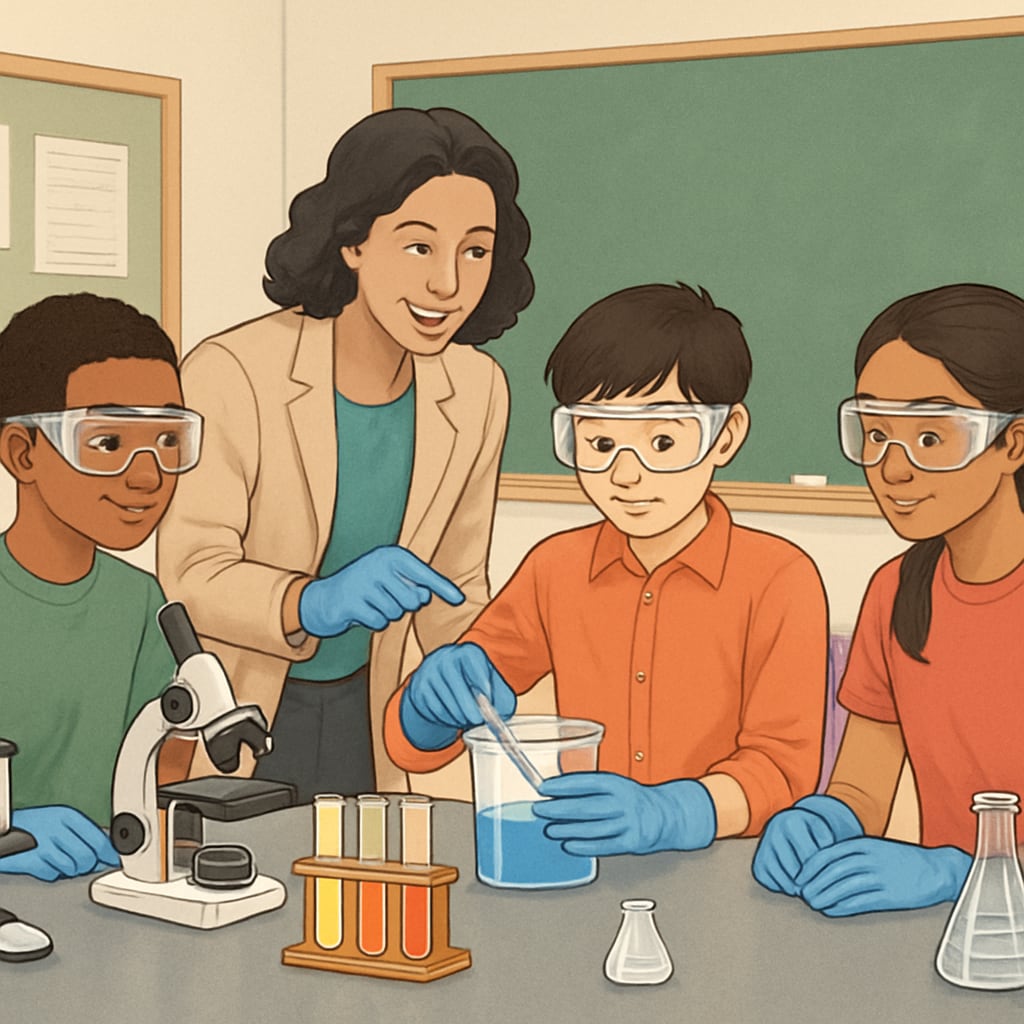The transition from a biology major to an education master’s program may seem challenging at first glance, but it is a rewarding and feasible path. By combining the analytical and scientific skills cultivated in biology with pedagogical techniques learned in education, individuals can bring a unique perspective to K-12 teaching. This article delves into the potential of this interdisciplinary journey, the advantages it offers, and practical strategies for a successful transition.
Why Transition from Biology to Education?
Choosing to pursue an education master’s degree after earning a biology degree opens numerous opportunities for meaningful contributions to education. As STEM (Science, Technology, Engineering, and Mathematics) education becomes increasingly critical, individuals with robust scientific knowledge are in high demand for teaching roles. According to the Britannica article on biology, the subject encompasses the study of life and living organisms, offering a broad foundation that can be effectively translated into engaging science curricula for students.
Moreover, transitioning to education allows biology graduates to address a persistent gap in schools: the shortage of qualified STEM teachers. This role is especially vital for inspiring and preparing the next generation of scientists and healthcare professionals. Therefore, this career shift not only benefits the individual but also fosters societal progress.

Advantages of a Cross-Disciplinary Background
One of the key strengths of transitioning from biology to education is the ability to integrate scientific expertise into teaching practices. This cross-disciplinary approach offers the following advantages:
- Enhanced Content Knowledge: A biology major equips graduates with a deep understanding of scientific concepts, enabling them to create accurate and comprehensive lesson plans.
- Critical Thinking Skills: Biology emphasizes analytical and research skills, which can be applied to problem-solving in the classroom.
- Real-World Applications: With experience in laboratory work and scientific studies, biology graduates can connect theoretical knowledge to practical examples, making lessons more engaging for students.
- Encouraging STEM Careers: As role models, educators with a STEM background can inspire students to pursue careers in science and technology.
Furthermore, institutions such as STEM education programs highlight the importance of educators who can bridge the gap between traditional teaching methods and modern scientific advancements.

Steps to Successfully Transition to an Education Master’s Program
While the path from biology to education may seem unclear, it can be navigated smoothly with strategic planning. Here are some actionable steps:
- Research Education Programs: Look for master’s programs that value or require a STEM background. Many universities have specialized programs for STEM educators.
- Gain Teaching Experience: Volunteer at schools, tutor students, or work as a teaching assistant to understand the dynamics of education.
- Build Pedagogical Skills: Familiarize yourself with teaching methodologies by attending workshops or online courses.
- Tailor Your Application: Highlight the unique strengths of your biology background in your statement of purpose and interviews.
- Seek Certification: Some regions may require additional teaching certifications; ensure you meet these requirements.
By following these steps, biology graduates can position themselves as competitive candidates for education master’s programs, paving the way for impactful careers in teaching.
Conclusion
The journey from a biology degree to an education master’s program is not only feasible but also highly valuable. This unique academic combination enables individuals to make meaningful contributions to K-12 STEM education, bridging the gap between science and pedagogy. With careful planning and a commitment to learning, biology graduates can successfully transition to this rewarding field and inspire the next generation of learners.
Whether you are passionate about science or education, this interdisciplinary path offers the best of both worlds. Consider taking the first step today and explore how your biology background can transform the educational landscape.


